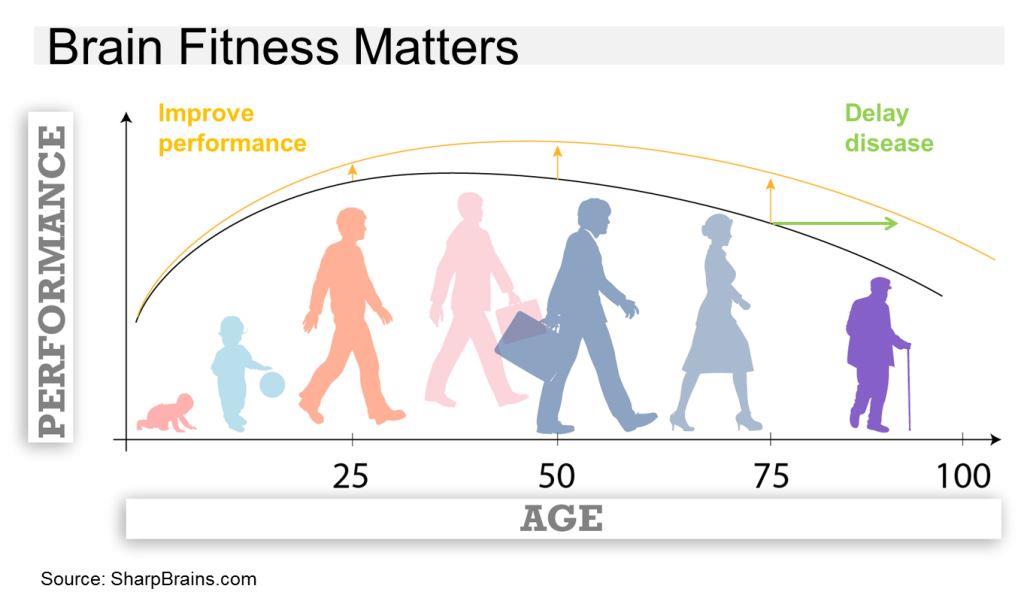Posts Tagged ‘BBC’
To reach your cognitive potential across the whole lifespan, augment healthy lifestyle with brain training
Can You Get Smarter? (The New York Times): “A few years back, a joint study by BBC and Cambridge University neuroscientists put brain training to the test…There was, however a glimmer of hope for subjects age 60 and above…Unlike the younger participants, older subjects showed a significant improvement in verbal reasoning
Read MoreInnovative partnerships to improve lifelong brain health and customer/ patient satisfaction
Innovative partnerships to improve lifelong brain health and customer/ patient satisfaction from SharpBrains Enjoy these great presentations, delivered at the 2014 SharpBrains Virtual Summit and featuring: Bill Prenovitz, Global Product and Service Management at Philips Healthcare’s Aging-in-Place Program Dr. Michael Weiner, Lead Scientific Investigator of the Brain Health Registry Tommy Sagroun, CEO of CogniFit Chair: Rita Carter, Author, Broadcaster…
Read MoreSharpBrains Council Monthly Insights: How will we assess, enhance and repair cognition across the lifespan?
When you think of how the PC has altered the fabric of society, permitting instant access to information and automating processes beyond our wildest dreams, it is instructive to consider that much of this progress was driven by Moore’s law. Halving the size of semiconductor every 18 months catalysed an exponential acceleration in performance. Why…
Read MoreAnother victim of the BBC/Nature “brain training” experiment
Have you read the cover story of the New Scientist this week: Mental muscle: six ways to boost your brain? The article, which includes good information on brain food, the value of meditation, etc., starts by saying that: “Brain training doesn’t work, but there are lots of other ways to give your grey matter a…
Read MoreNeeded: funding for innovative research on slowing cognitive decline via cognitive training
I was really interested in the recent critique of the BBC brain training experiment by Dr. Elizabeth Zelinski. I think Owens et al (2010) was a critical piece of research which was not conducted in the right way and was focusing on the wrong sample population. I totally agree with the comments by Dr. Zelinski…
Read MoreUpdate: Innovation to Upgrade Brain Care
Here you have the July edition of our monthly eNewslet ter covering cognitive health and brain fitness topics. Please remem ber that you can subscribe to receive this free Brain Fitness eNewsletter by email, using the box in the right column. Technology to upgrade brain care: In this extensive interview, Dr. John Docherty helps connect the…
Read More
